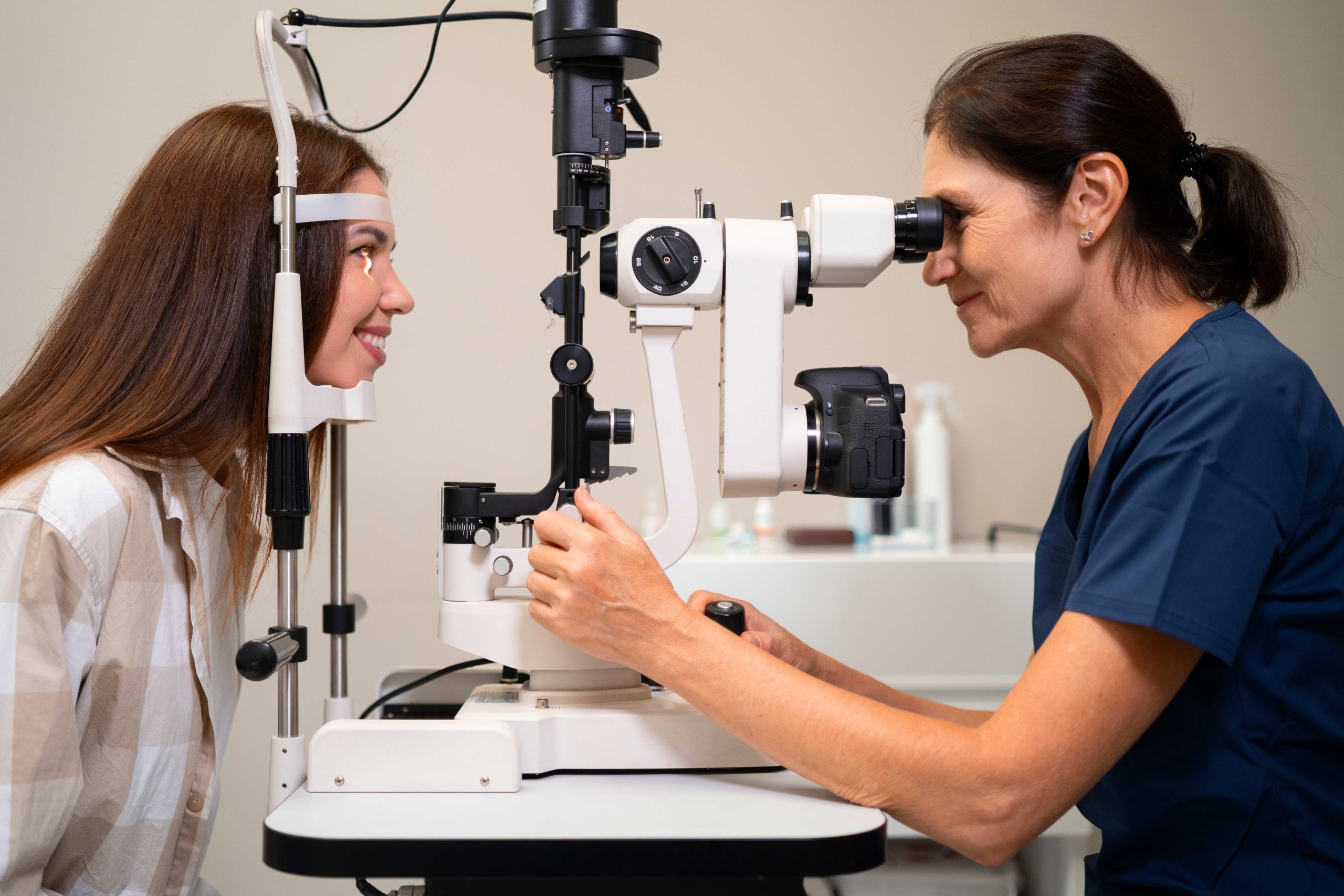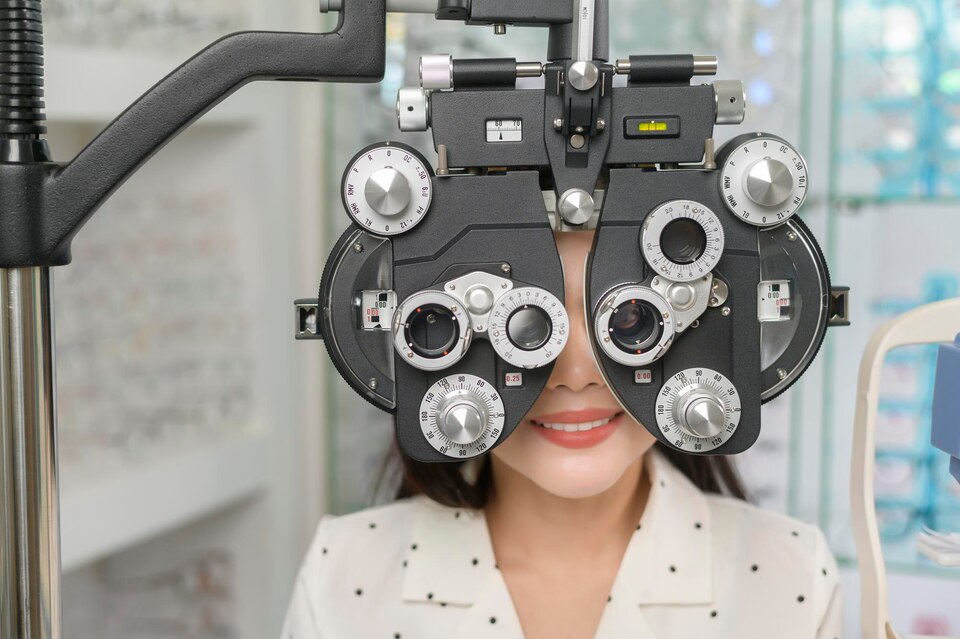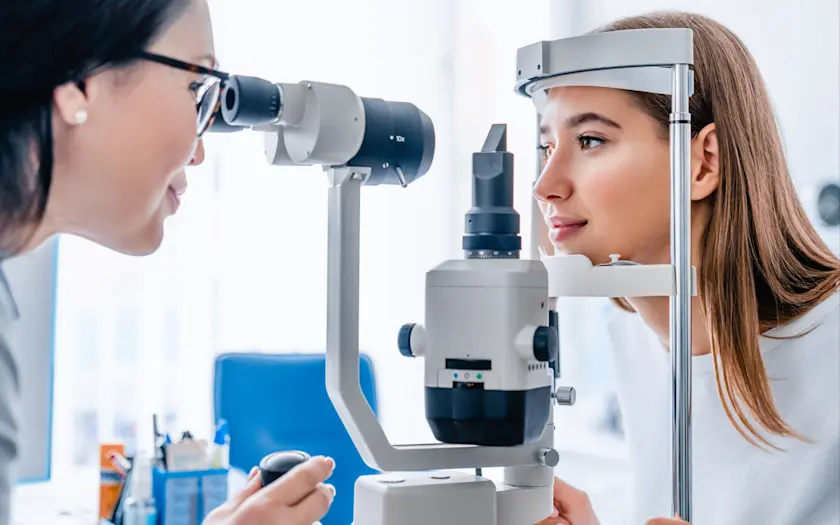

What Is a Comprehensive Eye Exam?
A comprehensive eye exam is more than just a vision check—it’s a complete assessment of your eye health and visual system. During the exam, the doctor evaluates how well you see, checks for prescription needs, and looks for any early signs of eye conditions or general health issues that may show up in the eyes. Whether you’re experiencing changes in your vision or just maintaining your routine care, this type of exam helps ensure your eyes stay healthy for the long term.
